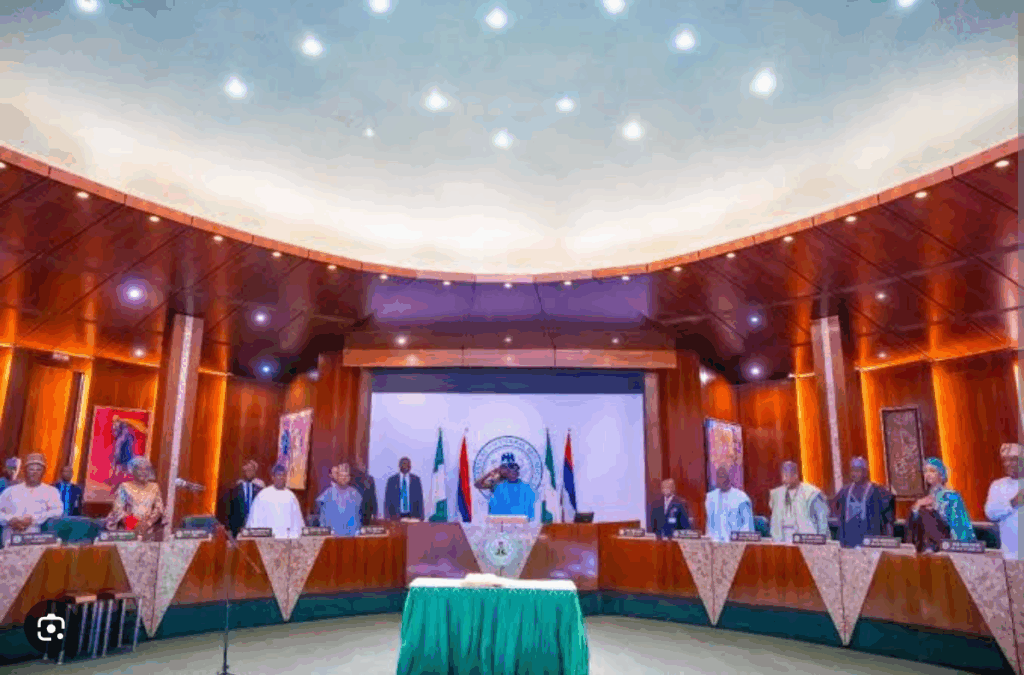
FEC approves policy to prioritise Nigerian businesses
By Salif Atojoko
The Federal Executive Council (FEC) has approved the Renewed Hope Nigeria First Policy proposed by President Bola Tinubu to prioritise Nigerians in all business activities.
Alhaji Mohammed Idris, Minister of Information and National Orientation, announced this after the FEC meeting in Abuja.
CUE IN VIDEO
“If there are any businesses to be done by anybody, the priority will be Nigerians first. If you have any local content, there is no reason for you to go outside this country to import.
“Its aim is to make government to invest in our people and our industries by changing how government spends money, how we procure, and how also we build our economy.
“Going forward, Nigerian industries will take precedence in all procurement processes. Where local supply falls short, contracts will be structured to build capacity domestically.
“Contractors will no longer serve as intermediaries sourcing foreign goods where local factories lie idle,” explained Idris.
He cited the sugar industry, noting that despite the Nigerian Sugar Council’s existence, large volumes of sugar were still imported.
He said President Tinubu had resolved to stop the importation of items that could be produced locally.
Idris said the President directed the Bureau of Public Procurement (BPP) to revise and enforce procurement guidelines that prioritise locally made goods and homegrown solutions.
The BPP was also instructed to create a local content compliance framework for all government procurements.
He said the Bureau must maintain a register of quality Nigerian manufacturers and service providers regularly engaged by the Federal Government.
He added that all procurement officers in ministries, departments, and agencies (MDAs) must now operate directly under the BPP.
Idris said no procurement of foreign goods or services already available locally would proceed without justification and a written waiver from the BPP.
Where no viable local alternative exists, he said contracts must include provisions for technology transfer, local production, or skills development.
“By way of example, the provision of quota allocations under the sugar master plan should take into consideration participants’ backward integration plans and investment in Nigeria and ensure compliance with the master plan.
“The MDAs have also been directed to immediately conduct an audit of all procurement plans and submit revised versions in line with these directives.
“Breaches will attract sanctions including cancellation of procurement processes by such MDAs and, indeed, disciplinary action against responsible officers,” the Minister stated.
Idris said the President believed the policy would grow local industries and enterprise while fostering self-belief and national pride.
He said it would help Nigerians trust in themselves and increase the nation’s capacity to produce goods and services without relying on foreign sources.
(NAN) (www.nannews.ng)